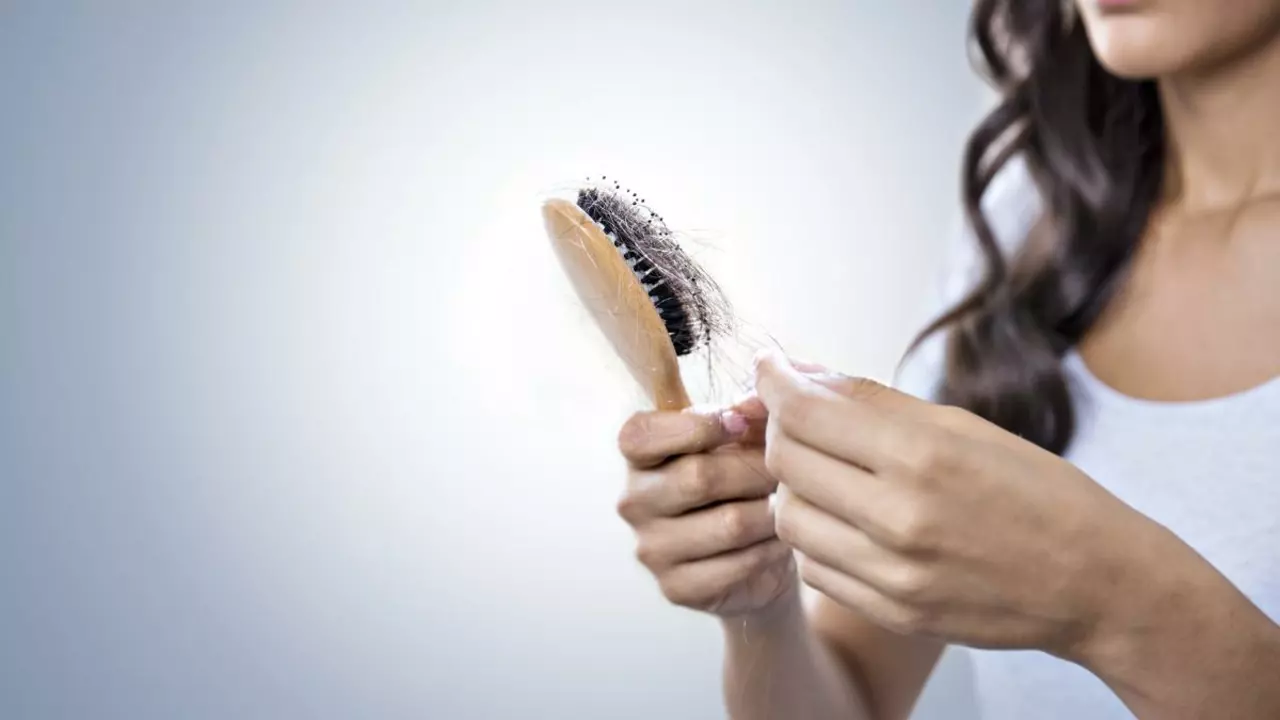Hair loss is something many of us face at some point, and it can be stressful when your hair starts thinning or falling out unexpectedly. But before panic sets in, it’s good to know that hair loss is often caused by a mix of factors including genetics, stress, diet, and even some medications. Figuring out what’s behind your hair loss is the first step to tackling it head-on.
Sometimes hair loss is temporary and things like illness, harsh treatments, or certain drugs can cause it. Other times, it’s a pattern inherited from your family that slowly thins your hair over the years. Whatever the cause, don’t assume it’s hopeless. There are plenty of ways to help your hair look fuller and healthier.
Start with gentle hair care. Avoid harsh shampoos and hot styling tools that can damage delicate strands. Instead, pick mild, sulfate-free shampoos and conditioning treatments. Massaging your scalp regularly can boost blood flow, which helps nourish the roots of your hair. Staying hydrated and eating foods rich in vitamins like biotin, vitamin D, and iron can also make a real difference.
If your hair loss is linked to medication side effects, talk to your doctor before making any changes. Sometimes, simple adjustments or timing your medication can help reduce hair shedding. For those worried about certain drugs, like anti-seizure or depression medications, it's useful to know that side effects vary from person to person.
Over-the-counter treatments like minoxidil have helped many people slow down hair loss and encourage regrowth. But don’t expect miracles overnight—it usually takes several months to notice changes. Prescription options exist too, but you’ll want to chat with a healthcare provider to find what’s right for you. Sometimes, combining treatments with lifestyle improvements yields the best results.
Some people look into natural remedies or supplements, but it’s smart to be cautious and informed. Always check the source of supplements and be wary of claims that sound too good to be true. Your best bet is to focus on balanced nutrition and avoid stressing your scalp.
Hair loss can feel frustrating, but understanding what’s causing it and taking straightforward steps can help you feel more in control. Whether it’s tweaking your daily routine, exploring treatments, or just giving your scalp some extra love, there’s hope to keep your hair in good shape.
Posted by
Paul Fletcher
14 Comments

As a blogger, I've recently been diving into the connection between itching and hair loss. It turns out that these two symptoms can often be linked to underlying issues, such as skin infections, allergies, or hormonal imbalances. In some cases, excessive scratching can also cause damage to the hair follicles, resulting in hair loss. To prevent further damage, it's essential to identify and treat the underlying cause. In the meantime, using gentle hair care products and avoiding harsh chemicals can help alleviate the itching and protect your hair.
read more